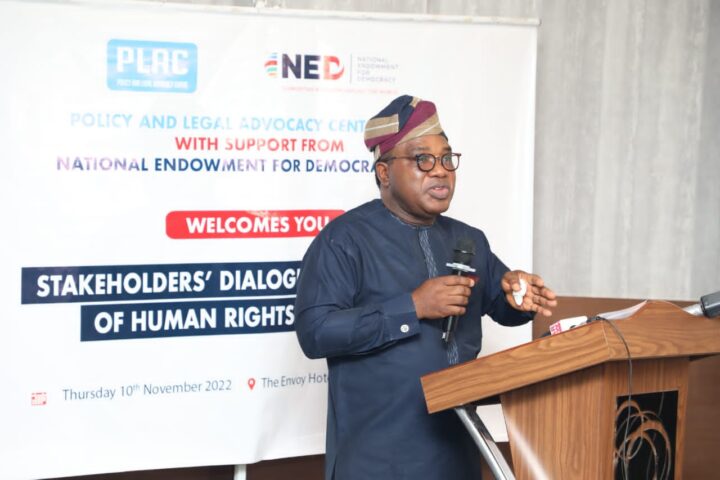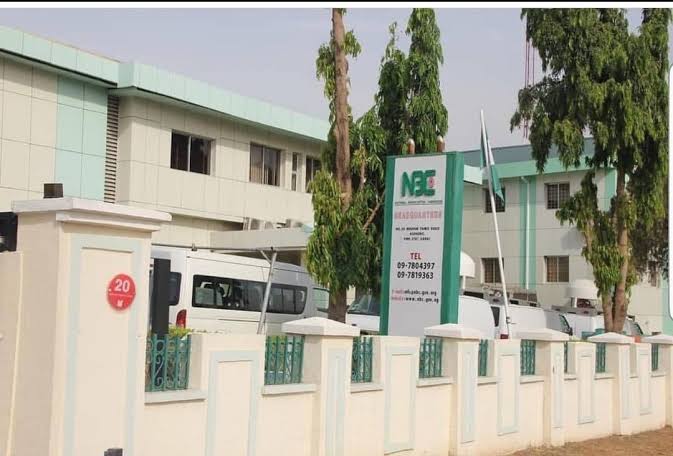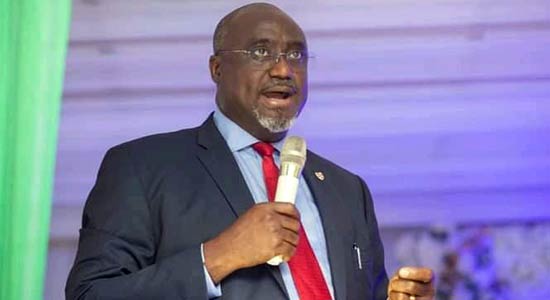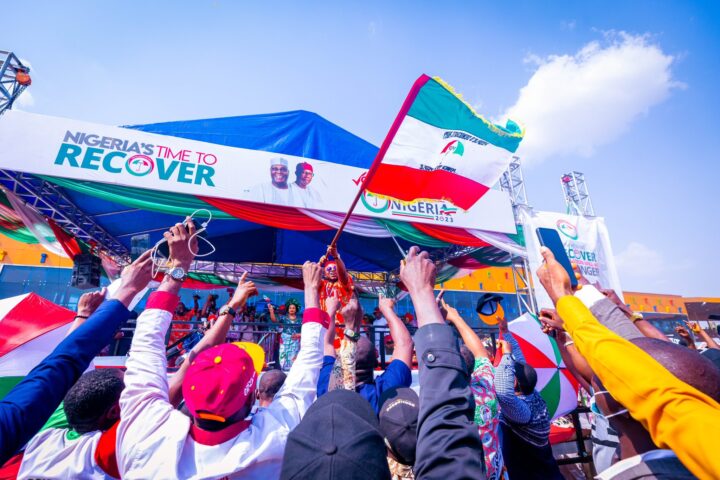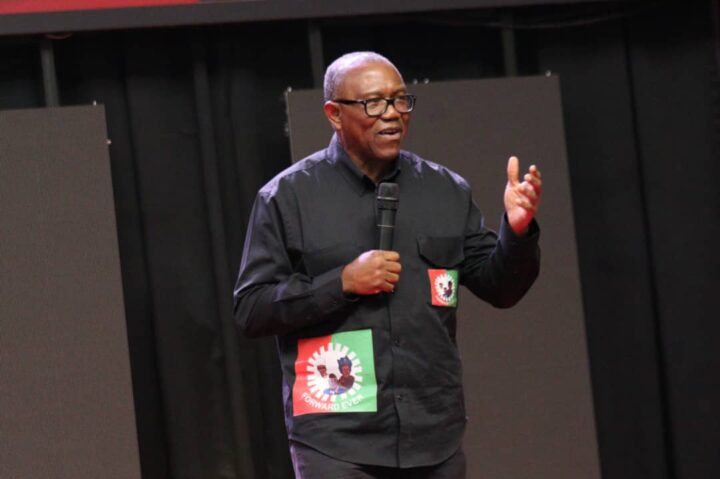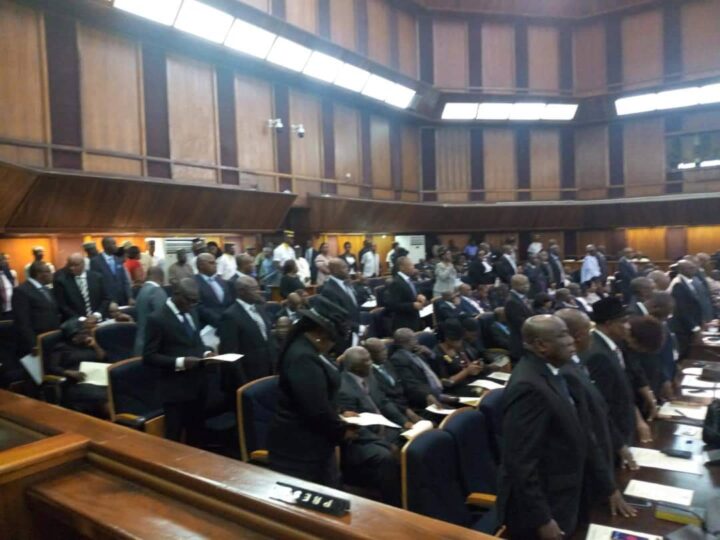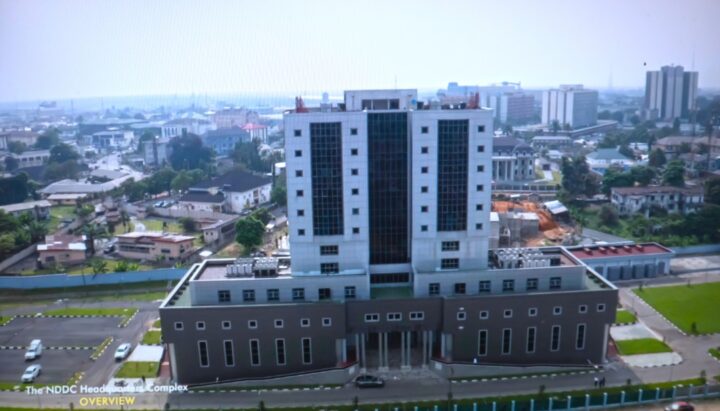The National Human Rights Commission (NHRC) says it will continue to work with stakeholders to ensure the nation’s civic space is expanded.
Tony Ojukwu, NHRC chairman, stated this at the weekend during a dialogue series with media practitioners organised by Connected Development (CODE), a not-for-profit organisation.
Represented by Agharese Arase, director of corporate affairs, Ojukwu said civic spaces are sacrosanct in promoting democracy, good governance
“The commission is conscious of several bills proposed at the national assembly in the past to shrink civic space in Nigeria. We shall continue to work with other stakeholders to ensure that the civic space is not forced to shrink because we believe in the human rights necessary to allow freedom of expression and opinion in a democratic society like ours with diverse groups of different tribes and religions,” Ojukwu said.
Advertisement
“Whereas, the social and digital media has been criticised for encroaching on privacy rights and fuelled hate statements, we believe in the sufficiency of our laws for individuals affected to seek civil legal remedies.
“Shrinking civic space may lead to undemocratic practices and lack of transparency in governance.”
Garba Abari, director-general of the National Orientation Agency (NOA), highlighted the importance of deepening the civic space, saying it shouldn’t be discussed in isolation of democratic space.
Advertisement
He said political parties should be interrogated on how democratic they have been.
“The more democratic we claim to be, the more the civic space becomes concentrated,” he said.
Hamzat Lawal, CEO of CODE, said civil society organisations (CSOs) and the media play a key role in promoting democracy, holding government to account.
“It’s the civil society that provides essential services, helps and advocates for victims, monitors human rights and collects evidence of violations to hold powers responsible to account,” Lawal said.
Advertisement
Add a comment
